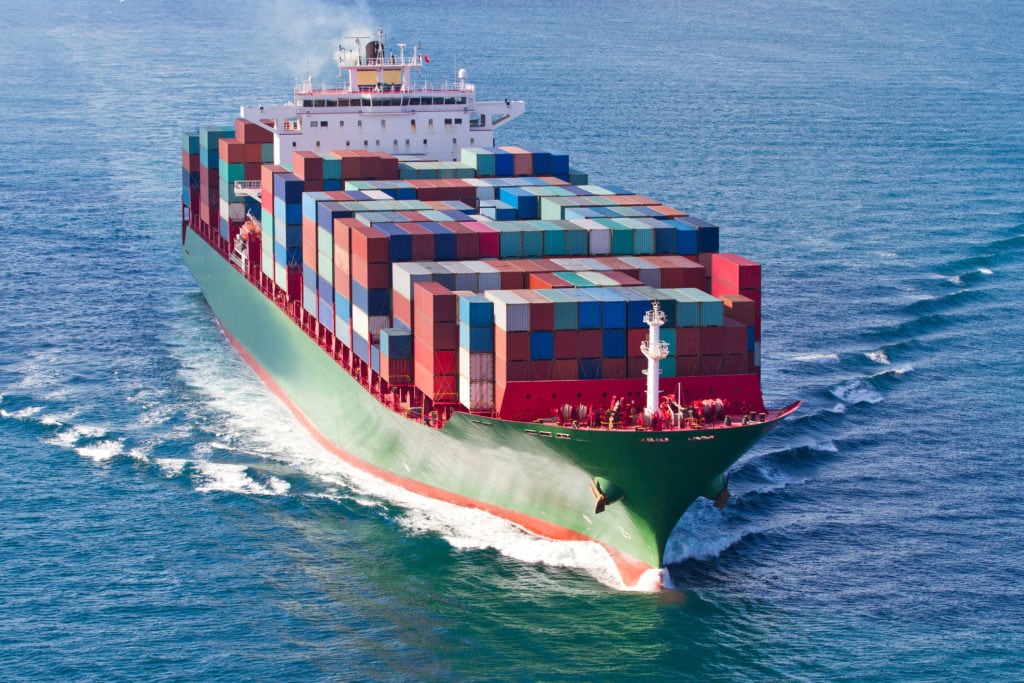
Australian small business owners rarely take advantage of free trade agreements. This needs to change.
To help smaller businesses take advantage of free trade agreements, the Federal Government should move away from company tax cuts that favour big business to a system that rewards exporters no matter their size, two Monash Business School researchers have argued.
In a submission to the Federal Parliamentary Inquiry into Access to Free Trade Agreements by Small and Medium Sized Enterprises, Dr Giovanni Di Lieto and Dr David Treisman suggest a tax on all imports, to boost Australia’s balance of trade.
“If Australia adopted a blanket 20 per cent cash flow border adjustment tax in the last financial year, which in official data registered a total trade deficit in goods and services of about A$14 billion, the Treasury would have raised A$2.8 billion at the net of tax breaks for exporters,” says Dr Di Lieto.
It also provides a strong incentive for small-to-medium-enterprises (SMEs) to fully utilise Free Trade agreements (FTAs) and expand their export markets, thus boosting production, growth, jobs and wages in underperforming sectors.
With a tax on all imports, it also makes it harder for large multinationals to avoid paying tax in Australia by shifting profits to low tax countries.
“The government needs to adopt a policy of taxing all imports and then giving a tax rebate to exporters,” says Dr Di Lieto. “This would work in a way to shift the burden of taxation away from the place of production to the place of consumption.”
Cash flow border tax
A destination-based cash flow tax could be applied to all domestic consumption and excludes any goods or services that are produced domestically but consumed elsewhere – in other words, exported.
This form of taxation is not a tariff or a form of trade discrimination against certain countries.
“It would apply to domestic companies as well as international businesses based in Australia and it would incentivise more of our businesses to export,” he says.

At present, SMEs have very low levels of exports compared to their contribution to gross domestic product (GDP) – a missed opportunity for Australia.
Dr Di Lieto and Dr Tresiman’s work reviews SMEs’ use of Australia’s bilateral FTAs with major trade partners in the Asia Pacific such as USA, China, Japan, South Korea, Singapore and New Zealand over the last decade. It analyses trade across the agriculture, manufacturing, mining, retail and transport sectors.
Their research shows that despite increased access to FTAs, SMEs maintain low levels of exports relative to their profitability and productivity (which in most sectors, is often better than large enterprises).
Exports dominated by big business
Using data from the Australian Bureau of Statistics between 2012 and 2016, the team shows that exports are dominated by big business in all major sectors.
In the mining sector, 100 per cent of exports are from big enterprises; in agriculture, it is 88 per cent; manufacturing is 93 per cent; retail is 72 per cent; and transport 81 per cent of exports are from large companies.
However, the figures that show in terms of industry value to Australian GDP SMEs are really batting above their weight.
In the agricultural sector, 96 per cent of industry value is from SMEs; 49 per cent of the manufacturing sector’s industry value is from SMEs; in the retail sector, 54 per cent of value is from SMEs; and 41 per cent of the transport sector value is from SMEs.
“In some sectors, SMEs are the lifeblood of the domestic economy, however the same cannot be said in terms of exports and it is clear that exports by SMEs are disproportionally small,” says Dr Di Lieto.
“And it shows that SMEs are quite efficient businesses which debunks the myth you have to be large enough to export.”
FTAs not easy for small business
However, many SMEs are put off by the idea of using the FTAs by opaque trade regulations and supply chain challenges.
FTAs tend to be dominated by interest groups which tend to favour large enterprises such as mining.
“Free Trade Agreements don’t cater to the economic realities of small business as they can be quite complex and sophisticated,” he says.
Another reason holding SMEs back from exporting is cultural values – where many SMEs believe they are successful enough without exporting.
“It is viewed as too hard to break through internationally with too little reward.”

However, one of the fall-outs from SMEs’ low export rate is the low levels of average wage rates across the SME sector. Despite the myth that free trade cuts wages, increasing exports are found to boost pay packets because wages earned are often linked to the price and sales of final goods and services.
“Businesses that export tend to pay higher wages because of international profits and competition,” he says.
“The banking and mining sectors, therefore, pay higher wages compared to agriculture.
However, if our farming businesses exported more goods overseas it would have a positive impact on wage growth.”


